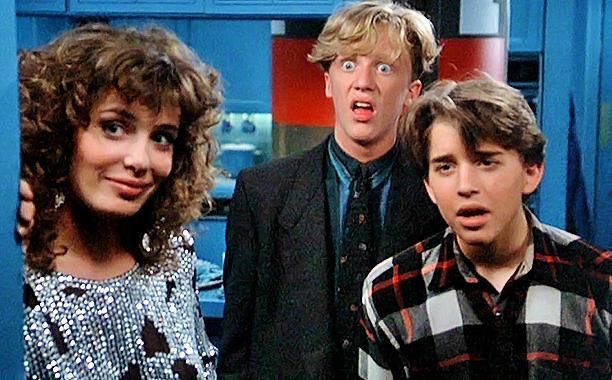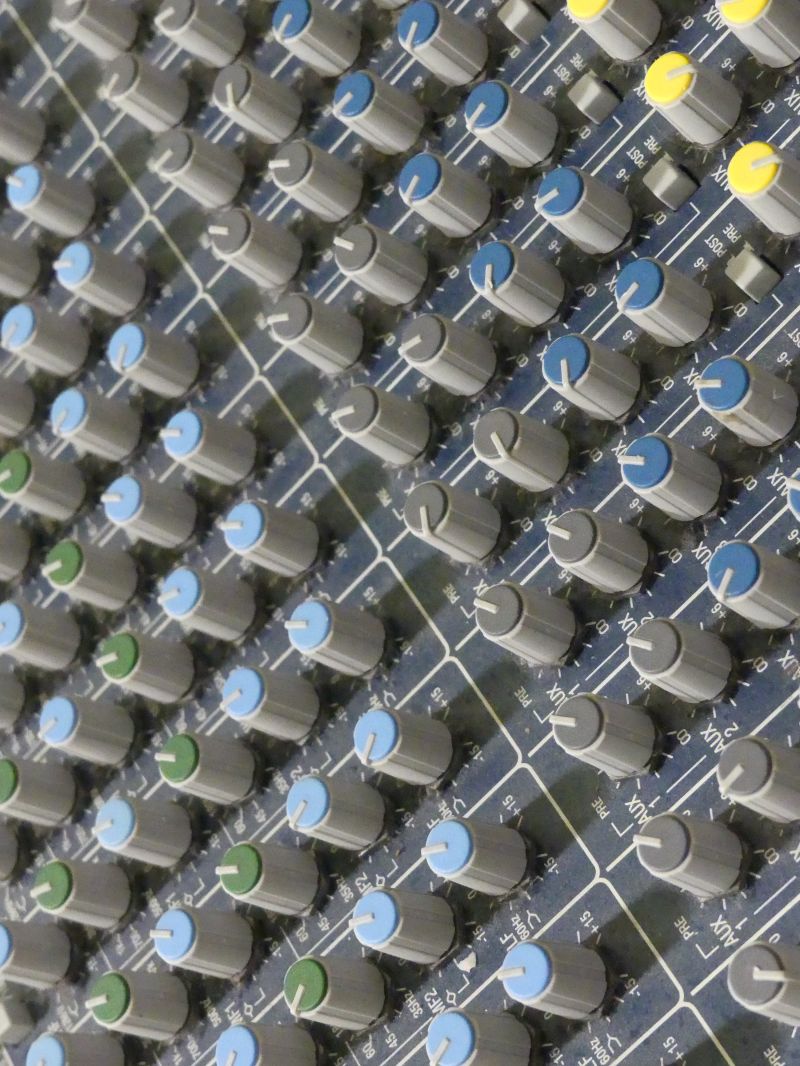So far, we haven’t taken the originalist approach much. And yet, few will contest that it does pay to consult the old fat book of words once in a while.
The dictionary definitions for ‘weird’ are “suggesting something supernatural; uncanny; eerie”. That’s fine and good, but when we give testimony in the Court of Feelings and Hunches in the case of U.S.* vs. Proper and Idiomatic Usage, there is also the actual usage to consider, as well as the putative usage.
Let’s dive into it, a strange grin contorting our faces.
The meaning people reflexively ascribe to ‘weird’ is something like ‘uncommon, unusual’ or “I need to search for a word to describe the feeling I have about this thing or experience, but I’m too lazy to do it”. The actual usage covers a much wider range.
Weirdly, ‘weird’ has become the catch-all moniker for anything that is less than good, not yet bad; left of normal, not quite beyond the pale; possibly common, certainly not habitual; not preferable, though not necessarily detrimental.
‘Weird’ is also the word you and your best friend would trade back and forth, gleefully and incessantly, late in your junior high school career. Back then, it applied to anything and everything, and left anyone overhearing your conversations feeling… well, weird—which is to say that they felt strangely excluded.
No matter how often it’s misused by the tweens of yesteryear—now grown men blathering on on the podcast circuit—in its semantic all-and-nothingness, ‘weird’ is still very much a late-middle-school word.
It’s not sufficiently hippie/surfer-dude to be ‘gnarly’, not jazzy enough to be ‘funky’, not sufficiently commonplace-sounding or Britishly eccentric to be ‘odd’, not didactic enough to be ‘aberrant’, not narrow enough to be ‘puzzling’, not sufficiently sophisticated to be ‘bizarre’, not brave enough to be ‘queer’.
The queer case of all-inclusive words that leave out actual information, leaving behind a mutilated verbal shell is even now being made into a hit multi-season murder mystery on BBC Select, available through a subscription with any of the major streaming providers.
Says one of the characters on the show, “See, Virginia—sometimes inclusivity can be exclusionary. Sometimes it can actually pay to be discriminating.”
You—yes, you—can elect to be selective and choose to use satisfyingly precise alternatives to ‘weird’. Try these to start: strange, eerie, Twilight-Zone-like, sketchy, uncomfortable, unsettling, nonplussing, unsatisfying, undesirable, difficult, complex—and feel free to write in with suggestions for others.
Contrarian Agrarian: I’ve got two words: Weird Science. Two more: Kelly LeBrock. Last two: Case closed.
* Underwhelming Semantics





